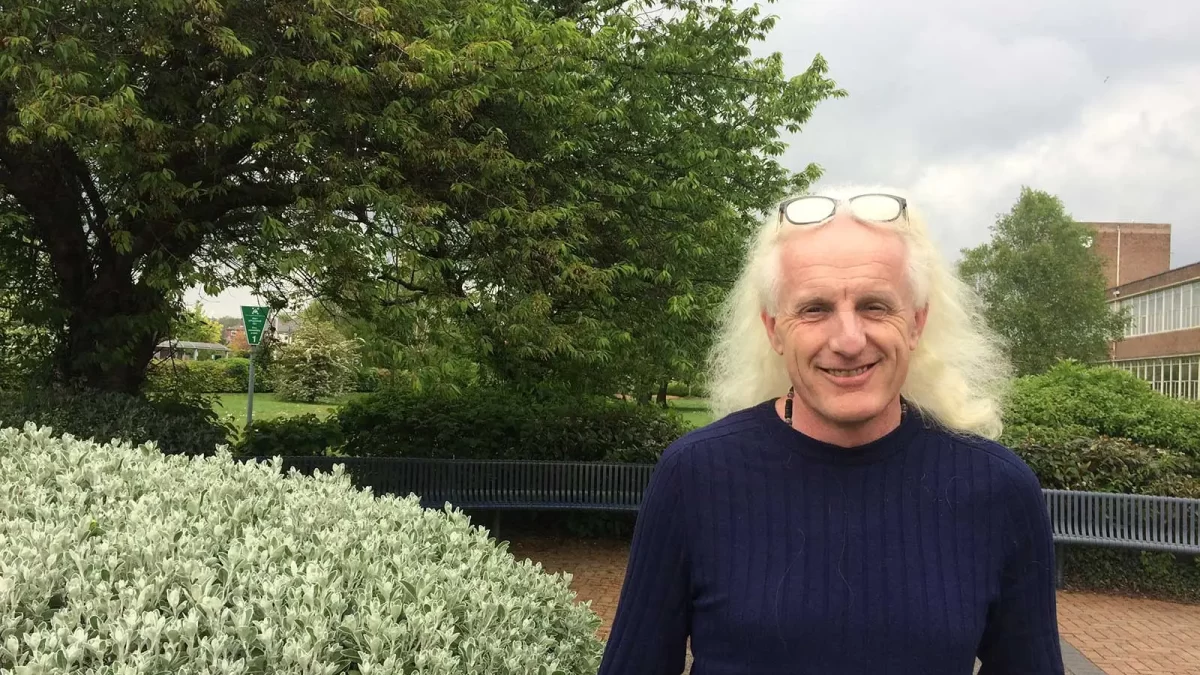In light of the First Anniversary of the launch of the Recovery Voices website, and the great time I have had working alongside Wulf—we’ve been working on the project since March 2023—I thought I’d devote this blog post to one of his film clips in which he was on the ‘receiving end’ of the interview. In this clip, he describes how the importance of peer and shared-lived experience were cemented in his mind during his time working at Lifeline with Ian Wardle.
8. Learning from Lifeline [6’08”]
Interviewer David Clark asks Wulf how Lifeline shaped him for his way forward. The latter describes how impressed he was when Ian Wardle told him and a colleague that whilst he was now going to take them into a meeting where he may have to tell the commissioner that ‘he can stick the contract up his backside’, they would not lose their jobs.
A number of aspects related to the ethos of Lifeline, and the way the charity operated, impacted on Wulf in a positive way. A number of the staff had ‘lived experience’ of drug-taking and some were on methadone scripts. Staff were in control of the amount of time they spent with the people they were helping, and they saw these people in the community rather than in their office. Wulf also learnt that there was very little risk, even if he had to have difficult social work conversations, if you built a relationship with a client by being genuine and honest. His time at Lifeline was a really rich experience.
Wulf learnt that the stuff that really makes a difference to people’s lives is what occurs beyond that treatment phase. The importance of peer and shared-lived experience was cemented for him during this time. An interaction with a medically-oriented practitioner, although often of value, is not a life-changing experience for a person trying to overcome addiction. David emphasises that recovery does not occur in a practitioner’s office, it takes place in the person’s community. Wulf points out that people need choice on their recovery journey, but it is not the job of the practitioner to determine that choice. The choice must be made by the person seeking help.


